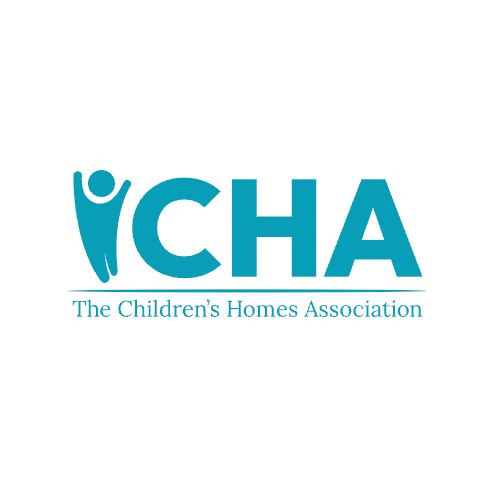
Children’s homes body excludes tax havens
30.04.2024
Does Artificial Intelligence Pose a Threat to Children’s Services?
18.06.2024DfE Launches New Advisory Group on Children’s Social Care ‘Profiteering’
The UK Department for Education (DfE) has announced the creation of a new advisory group focused on addressing the issue of profiteering in children’s social care. This initiative marks a significant step towards reforming the sector and ensuring the welfare of vulnerable children and young people. In this blog post, we’ll explore the context behind the DfE’s decision, the role of the advisory group, and the potential impact on children’s social care in the UK.
The Context Behind the Initiative
Profiteering in children’s social care has been a growing concern in recent years. Private sector involvement in the provision of care services, particularly residential care, has led to rising costs and questions around the quality and availability of services. This has prompted calls for greater oversight and regulation to prevent the exploitation of children and families and ensure that the focus remains on providing high-quality care.
The establishment of the advisory group is the DfE’s response to these concerns, aiming to bring together experts and stakeholders from across the sector to tackle profiteering and promote sustainable and ethical practices in children’s social care.
The Role of the Advisory Group
The advisory group will play a key role in examining the challenges and issues related to profiteering in children’s social care. Its responsibilities include:
1. Identifying Areas of Concern: The group will conduct a thorough assessment of the sector to identify areas where profiteering is most prevalent and the negative impact it may have on the provision of care.
2. Developing Recommendations: Based on its findings, the group will develop recommendations for policy changes and regulatory measures to address profiteering and improve transparency and accountability in the sector.
3. Engaging Stakeholders: The group will engage with a wide range of stakeholders, including care providers, local authorities, and advocacy groups, to gather diverse perspectives and ensure that proposed solutions are practical and effective.
4. Monitoring and Reporting: The group will monitor the implementation of its recommendations and report on progress to the DfE, providing ongoing insights and guidance for further reforms.
Potential Impact on Children’s Social Care
The work of the advisory group has the potential to bring about significant changes in children’s social care, including:
1. Improved Quality of Care: By addressing profiteering and promoting ethical practices, the group can contribute to raising the quality of care provided to vulnerable children and young people.
2. Enhanced Transparency and Accountability: Increased oversight and regulation may lead to greater transparency and accountability in the sector, helping to restore public trust in children’s social care.
3. Sustainable Funding Models: The group’s recommendations may pave the way for more sustainable funding models that prioritize the well-being of children and families over profit margins.
4. Strengthened Partnerships: The advisory group’s engagement with various stakeholders may foster stronger partnerships and collaboration across the sector, leading to more cohesive and coordinated care services.
Conclusion
The DfE’s decision to establish a new advisory group on children’s social care profiteering is a positive step towards reforming the sector and ensuring that vulnerable children and young people receive the best possible care. By examining the challenges of profiteering and developing actionable recommendations, the group has the potential to drive meaningful change in children’s social care.
As the advisory group embarks on its important work, it is crucial for stakeholders across the sector to actively engage with the process and contribute their insights and experiences. By working together, we can build a children’s social care system that prioritizes the well-being of children and young people and upholds the highest standards of care and integrity.





